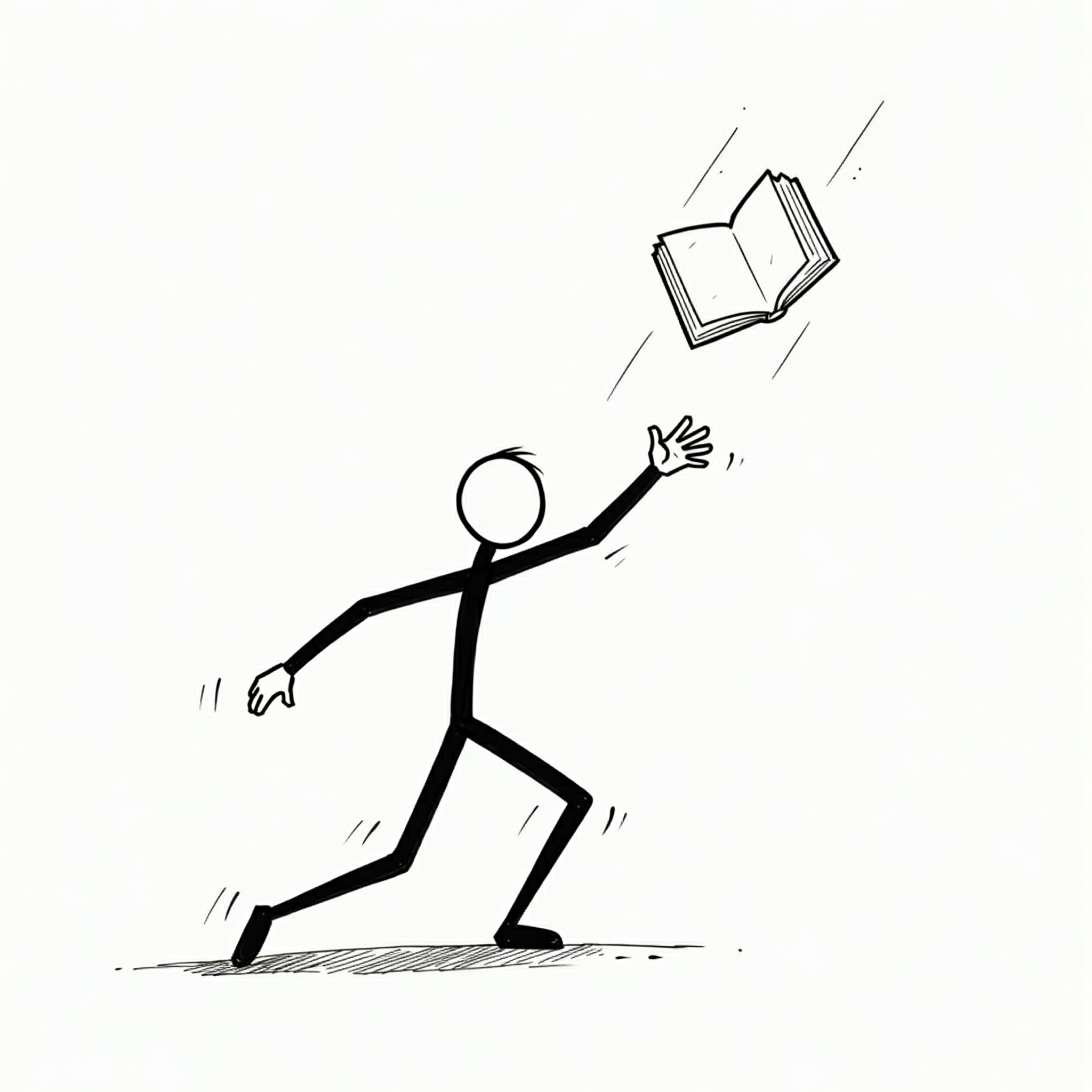Grab
Definition
Grab is a verb that means to seize or take hold of something quickly or suddenly. As a noun, it refers to the act of seizing something or an attempt to gain control or possession.
Parts of Speech
- Verb
- Noun
Pronunciation
American English
- IPA Pronunciation: /ɡræb/
- Respelling: grab
British English
- IPA Pronunciation: /ɡræb/
- Respelling: grab
Etymology
The word "grab" originates from the Middle Dutch "grabben," meaning "to seize or grasp," which is related to the Old High German "grapōn" (to seize) and the Proto-Germanic "*grapōną*" (to grip). It entered the English language in the 14th century.
Derivatives
- Grabbing (verb/noun)
- Grabbed (verb, past tense)
- Grabber (noun)
- Grabby (adjective, informal)
- Regrab (verb)
Synonyms
- Seize
- Snatch
- Take
Antonyms
- Release
- Let go
- Relinquish
Usage
The word "grab" is commonly used in both literal and figurative contexts. For example, "He tried to grab the ball before it hit the ground," or "The politician made a grab for power."
Related Terms
- Seize: To take hold of suddenly or forcibly.
- Snatch: To grab something quickly or eagerly.
- Grasp: To seize and hold firmly.
Detailed Definitions
Verb
- To take or seize something quickly: Describes a sudden or forceful action of holding or taking.
- Example: "She grabbed the keys and ran out the door."
- To take advantage of an opportunity: Indicates acting quickly to utilize a situation.
- Example: "He grabbed the chance to study abroad."
Noun
- The act of seizing or taking hold of something: Refers to a physical or figurative attempt to capture or take.
- Example: "He made a grab for the falling book."
- An attempt to gain control or possession: Describes an effort to claim something.
- Example: "The company made a grab for market dominance."
grab



🇨🇳 Mandarin (普通话)
- 抓住 (zhuāzhù) (To seize, physically grab something)
- IPA: /ʈʂwa˥˥ ʈʂu˥˩/
- Respelling: jwah-joo
- 抢 (qiǎng) (To take forcefully, snatch)
- IPA: /tɕʰjɑŋ˨˩˦/
- Respelling: chiang
🇮🇳 Hindi (हिन्दी)
- पकड़ना (pakadna) (To seize, physically grab something)
- IPA: /pəˈkəɽ.nɑː/
- Respelling: puh-KUR-na
- छीनना (cheenna) (To snatch, take by force)
- IPA: /ˈtʃʰiːn.nɑː/
- Respelling: cheen-na
🇪🇸 Spanish (español)
- agarrar (To seize, physically grab something)
- IPA: /a.ɣaˈrar/
- Respelling: ah-gah-RAR
- coger (To take forcefully, snatch) (Note: In some countries, this has a vulgar meaning.)
- IPA: /koˈxer/
- Respelling: ko-HER
🇫🇷 French (français)
- saisir (To seize, physically grab something)
- IPA: /sɛ.ziʁ/
- Respelling: seh-ZEER
- attraper (To snatch, take forcefully)
- IPA: /a.tʁa.pe/
- Respelling: ah-tra-PAY
🇸🇦 Arabic (العربية الفصحى)
- يمسك (yumsik) (To seize, physically grab something)
- IPA: /ˈjum.sɪk/
- Respelling: yoom-sik
- يخطف (yakhtif) (To snatch, take forcefully)
- IPA: /ˈjax.tˤɪf/
- Respelling: yakh-TIF
🇧🇩 Bengali (বাংলা)
- ধরা (dhôra) (To seize, physically grab something)
- IPA: /d̪ʱɔ.ɾa/
- Respelling: dhaw-rah
- কেড়ে নেওয়া (kere neowa) (To snatch, take forcefully)
- IPA: /keɾe ne.o.a/
- Respelling: keh-ray nay-oh-ah
🇷🇺 Russian (русский язык)
- хватать (khvatat') (To seize, physically grab something)
- IPA: /xvɐˈtatʲ/
- Respelling: khva-TAT
- отнимать (otnimat') (To snatch, take forcefully)
- IPA: /ətʲ.nʲɪˈmatʲ/
- Respelling: ot-nee-MAT
🇵🇹 Portuguese (PORTUGUÊS)
- agarrar (To seize, physically grab something)
- IPA: /a.ɡaˈʁaʁ/
- Respelling: ah-gah-HAR
- arrebatar (To snatch, take forcefully)
- IPA: /aʁ.e.baˈtaʁ/
- Respelling: ah-heh-bah-TAR
🇮🇩 Indonesian (bahasa Indonesia)
- memegang (To seize, physically grab something)
- IPA: /mə.məˈɡaŋ/
- Respelling: meh-meh-GANG
- merebut (To snatch, take forcefully)
- IPA: /mə.rəˈbut/
- Respelling: meh-reh-BOOT
🇩🇪 German (Deutsch)
- greifen (To seize, physically grab something)
- IPA: /ˈɡʁaɪ̯.fən/
- Respelling: GRAI-fen
- schnappen (To snatch, take forcefully)
- IPA: /ˈʃnapən/
- Respelling: SHNAH-pen
🇯🇵 Japanese (日本語)
- つかむ (tsukamu) (To seize, physically grab something)
- IPA: /tsɯ.ka.mɯ/
- Respelling: tsu-KAH-moo
- 奪う (ubau) (To snatch, take forcefully)
- IPA: /ɯ.ba.ɯ/
- Respelling: oo-BAH-oo
🇻🇳 Vietnamese (Tiếng Việt)
- bắt lấy (To seize, physically grab something)
- IPA: /ɓat̚ leɪ̯/
- Respelling: bat-lay
- giật (To snatch, take forcefully)
- IPA: /zɨt̚/
- Respelling: zut
🇰🇷 Korean (한국어)
- 잡다 (japda) (To seize, physically grab something)
- IPA: /t͡ɕap̚.t͈a/
- Respelling: jap-da
- 빼앗다 (ppaeatda) (To snatch, take forcefully)
- IPA: /p͈ɛ.at̚.t͈a/
- Respelling: pae-at-da
🇹🇷 Turkish (Türkçe)
- tutmak (To seize, physically grab something)
- IPA: /tutˈmak/
- Respelling: toot-MAK
- kapmak (To snatch, take forcefully)
- IPA: /kapˈmak/
- Respelling: kap-MAK





